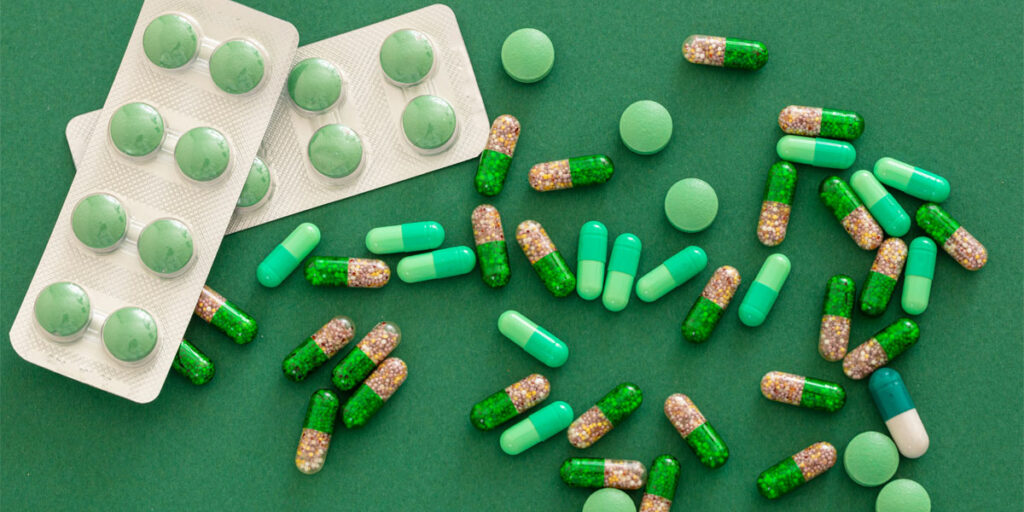In a recent study[1], reviewed the scientific evidence on substandard and counterfeit antimicrobial drugs, emphasizing their adverse effects on patients and society. They also highlighted the challenges facing drug counterfeiters, including the lack of an international “fake drugs” treaty, a lack of laws that prosecute counterfeiters, and the growth of counterfeiting to include expensive cancer medicines. Now, let’s check on what is the biggest contribution of drug counterfeiting to humanity.
Death toll from counterfeit drugs
According to Interpol, the world police agency, counterfeit drugs are the largest source of income for the global organized crime industry. Counterfeit medicines cause substantial health problems for millions of people, but they are also responsible for thousands of deaths every year. However, Aline Plancon[2], coordinator of Interpol’s Medical Products Counterfeiting and Pharmaceutical Crime unit, said it was hard to quantify the financial costs of this trade in terms of human life.
Fake, substandard, and contaminated medicines are responsible for the deaths of many children, and this problem is not going away. In fact, there are a staggering number of children dying every year from the adverse side effects of fake medicines. According to Dr. Joel Breman[3], co-author of the report, “Fake and falsified medicines have caused the deaths of thousands of people worldwide.”
The WHO estimates that 48 incidents of falsified pharmaceuticals were reported in 2006.[4] In the United States alone, fatalities have increased by three-fold since 1999. Falsified medicines are an epidemic in developing countries, affecting more than half the population. Meanwhile, the death toll has fallen by half in the developed world. And while it is easy to blame countries with higher economic levels, the global issue is not just limited to developing countries.
Impact on public health
The effects of drug counterfeiting on public health are many and varied. These counterfeit medicines cause harm to patients and undermine health systems. For example, counterfeit iron preparations may have put several pregnant women in danger or fake paracetamol syrup has caused kidney failure in hundreds of children. Organizations fighting drug counterfeiting are doing what they can to curb this growing problem. However, some people still wonder how they can protect their communities from counterfeit medicines.
The World Health Organization (WHO) has called for increased public awareness of the dangers of counterfeit medicines. However, only limited data exist on how well the public is aware of these threats. It is essential to develop educational campaigns to help the public recognize counterfeit medications and prevent their use. In addition, healthcare providers and distributors should be vigilant about drug falsification to protect consumers. The report makes a strong case for legislative action against drug counterfeiting.
Although drug counterfeiting is not new, it has become a significant problem in the last few years—one study conducted by the WHO[5] showed that nearly 50% of documented cases were in developing countries. Countries in the Western Pacific region, such as China, Vietnam, and the Philippines, were especially prone to this problem. Meanwhile, the WHO regional office for Africa reported[6] 18.7% of documented cases of drug counterfeiting. This is indeed, a severe problem for public health.
Takeaway
The growing global counterfeit drug trade has a devastating effect on developing countries’ public health. Several methods have been suggested to combat the counterfeiting of pharmaceuticals, focusing on community involvement. The use of community-based healthcare programs, in which community members identify and report suspected fake or counterfeit drugs for common ailments and conditions, is a promising strategy. Such initiatives can act as the primary source of information for the FDA, using laboratory techniques to confirm its suspicions.
References:
- Counterfeit or substandard antimicrobial drugs: A review of the scientific evidence. (n.d.). PubMed. https://pubmed.ncbi.nlm.nih.gov/17550892/
- Straight talk with…Aline Plançon. Interview by Asher Mullard. (n.d.). PubMed. https://pubmed.ncbi.nlm.nih.gov/20376035/
- Fake medicines do real damage: Thousands die, Superbugs get stronger. (2015, April 24). NPR.org. https://www.npr.org/sections/goatsandsoda/2015/04/24/401948030/fake-medicines-do-real-damage-thousands-die-superbugs-get-stronger
- Home. (n.d.). OECD iLibrary. https://www.oecd-ilibrary.org/sites/ad927008-en/index.html?itemId=/content/component/ad927008-en
- Counterfeit drugs and medical devices in developing countries. (n.d.). PubMed Central (PMC). https://www.ncbi.nlm.nih.gov/pmc/articles/PMC7337201/
- Home. (n.d.). OECD iLibrary. https://www.oecd-ilibrary.org/sites/fe58fe07-en/index.html?itemId=/content/component/fe58fe07-en


